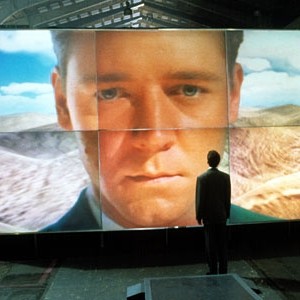Guess What, You Don’t Own That Software You Bought (Wired)This may not be good news for eBay seller's and buyers on a budget but I absolutely agree with this ruling. When you buy software, you aren't buying the software but a LICENSE-TO-USE that software. As such, I feel a company is well within their rights to limit any transfer of that license to a 3rd party.
The 3-0 decision by the 9th U.S. Circuit Court of Appeal, if it stands, means copyright owners may prohibit the resale of their wares by inserting clauses in their sales agreements.
“The terms of the software license in the case are not very different from the terms of most software licensing. So I think it’s safe to say that most people don’t own their software,” said Greg Beck, the defense attorney in the case who represented an eBay seller sued by Autodesk. “The other ramification, there is no reason a similar license could not be put into the cover of a book. It wouldn’t be difficult for everybody to implement this.”
The more immediate ramification for consumers is that the discounts provided by a secondary market go away. But the longer term ramification is that the companies and individuals producing this software will be more justly compensated. That means they are more profitable and better able to continue to provide more of those types of products.
If I have a concern here it's the ramification to other Intellectual Property like books. A lot of books go out of print or have limited print runs.



